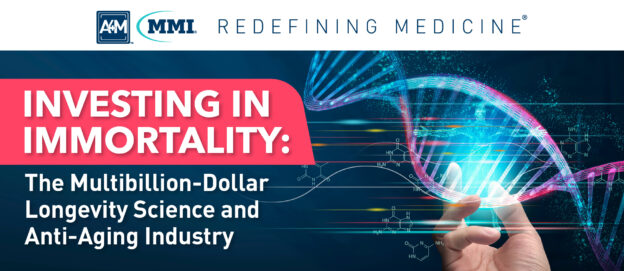Dr. Jill Carnahan is a board certified physician in both Family Medicine and Integrative Holistic Medicine. In her practice, she emphasizes an integrative holistic approach to wellness, using both conventional medicine and evidence-based complementary therapies. Dr. Carnahan’s own journey through breast cancer was a powerful force in shaping her passion to teach people how to heal with functional medicine.
Q: Dr. Jill, what sparked your interest in anti-aging and preventive medicine? How has it changed your practice?
A: I was diagnosed with a very aggressive breast cancer at the age of twenty-five. I was able to survive, beat the cancer and go on to thriving and living well through integrative holistic medicine, diet/nutrition principles and functional medicine.
I wouldn’t have it any other way, and I believe that I’ve been given a new chance at life and health so that I can help others! It’s my mission and passion to share that knowledge to help patients in their own healing journey.
Q: Would you recommend a more preventive approach to patient care to your peers?
A: Yes, indeed! We work in a disease-care system, not a true “health-care “system. True wellness and vitality starts with clean organic real food. The foundational healing principles of a whole food, clean, healthy diet are essential to wellness and disease prevention.
So many of the chronic disease epidemics faced today are not cured or fixed with medication, but instead by finding the root cause and transforming patients’ health with basic principles of good sleep, lowered stress, proper nutrients from diet and supplements, and great fulfilling relationships with those we love.
As physicians, we are not going to make a dent in diabetes, obesity, cancer, autoimmune disease, or cardiovascular disease until we get to the root of our patients’ lifestyle factors like diet, sleep and fulfillment/purpose in life.
Q: Based on your experience, what are some of the challenges/considerations for physicians looking to apply a more integrative approach in their practice?
A: Once I decided to take the leap to a private cash practice, there were not too many challenges. I recommend keeping overhead low in the beginning, doing intake and office management yourself, until you grow. Start small and let the practice grow organically.
For anyone starting out, I recommend taking the leap and not being held hostage to fear of stepping out. Patients are looking for physicians who will take time to really listen and guide them to find the root cause of their symptoms, instead of just prescribing medications. They are willing to pay for time and personalized medical care, and there will be no shortage of business for a doctor willing to spend the time to help patients get well.
Q: What is your wish for the future of medicine?
A: I believe that it is essential to address the underlying root cause of illness, and to take a personalized approach to disease. That would include assessment of individual genetics, nutritional status, any underlying metabolic imbalances and infections, and then treat the patient as an individual with an individualized treatment plan.
There is no cookie cutter or one-size-fits-all approach that will work in addressing our patients’ illnesses. Most important, we need to model healthy behaviors, and teach patients to relax, sleep well, eat well and thrive

